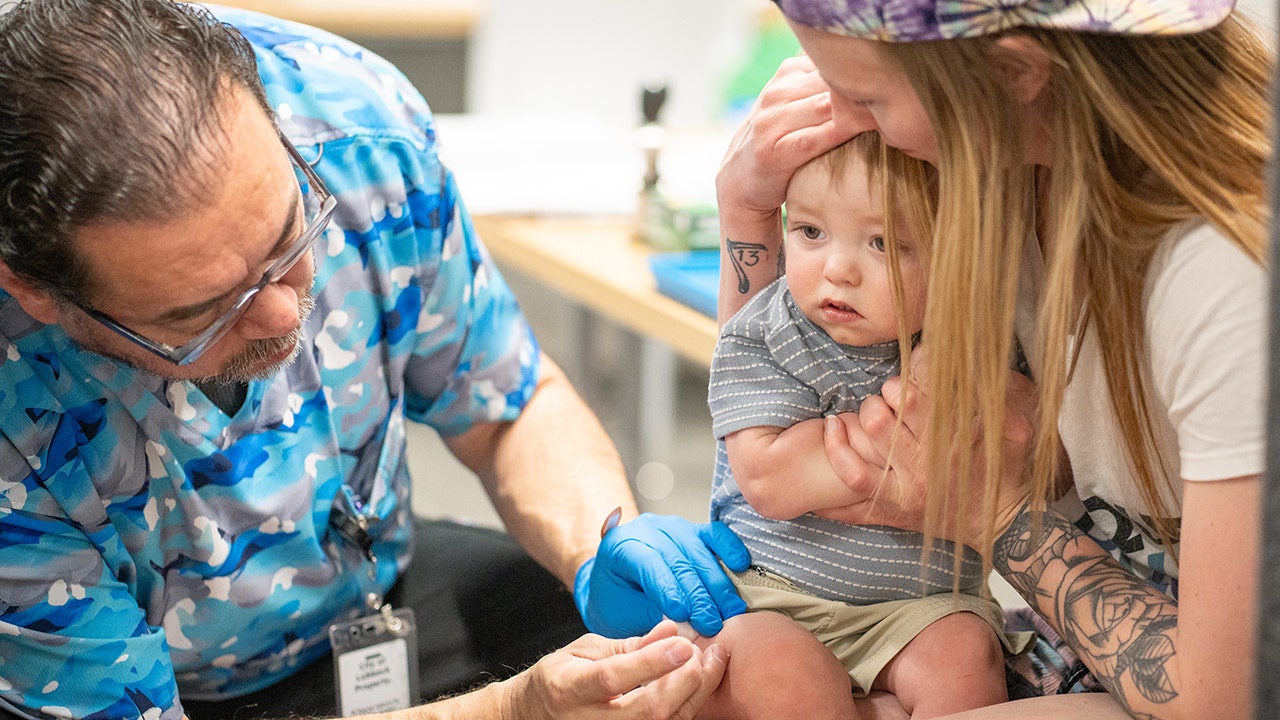Teen pregnancy rates have plummeted throughout the United States, including in Mississippi. But the state continues to have the highest rates of teen births in the nation, almost double the country’s average and six times that of the state with the lowest rate, New Hampshire.
Teen pregnancies are disruptive, and they limit young women’s economic and educational options. But less widely known is that pregnancy is hard on a girl’s developing body, placing both mothers and their babies at risk for health problems with lifelong repercussions.
Teen mothers have more stillbirths and are more likely to develop pregnancy-related blood pressure disorders like pre-eclampsia, as Ms. Ball-Stribling did. They are also more likely to have babies who are born prematurely and are small for their gestational age.
“Pregnancy can be a beast on the body,” said Dr. Kimberly Sanford, an obstetrician who practiced in the Delta until 2022.
Yet Mississippi state law allows public schools to teach only abstinence-based sex education. It does not require the information to be medically accurate, and parents must opt in for their children to participate.
The advocacy organization Sex Ed for Social Change gives the state an F rating. The lack of comprehensive sex education is one reason there are so many new H.I.V. cases each year among Black teens and young adults in Mississippi, according to the organization.
The state also moved to outlaw almost all abortions, with few exceptions, just days after a Supreme Court decision in 2022 allowed it to do so.
Ms. Ball-Stribling stayed in high school and graduated, but the high blood pressure she developed during her pregnancy never went away. The medications she was prescribed had severe side effects, including headaches and fatigue. She found it difficult to control the condition.
When her relationship with Mr. Robinson fell apart, she started dating Byron Stribling. Her high blood pressure was a constant concern. Mr. Stribling was no stranger to the condition — he has it himself. High blood pressure ran in both of their families, and both had lost relatives younger than 50 to heart attacks and strokes.
Mr. Stribling, who works at his family’s funeral home, sees the results of chronic conditions like hypertension, high cholesterol and obesity in his profession as an undertaker.
“You start embalming, and the embalming fluid pushes blood out of the veins, and you can see the cholesterol,” he said. “You can tell, after you’ve been doing it so long, ‘That was a heart attack, we’ve got a blockage here.’”
Obesity is so common in the community, he said, that “it’s nothing for us to get a call about someone who’s dead who’s 450 pounds, who’s stuck in a back room, and we have to get them out.”
Unhealthy food habits are pervasive, he added: “People get up in the morning and eat fried chicken and Coca-Cola at 6 in the morning, before they go to work — not coffee and a yogurt parfait and an apple.”




















Discussion about this post